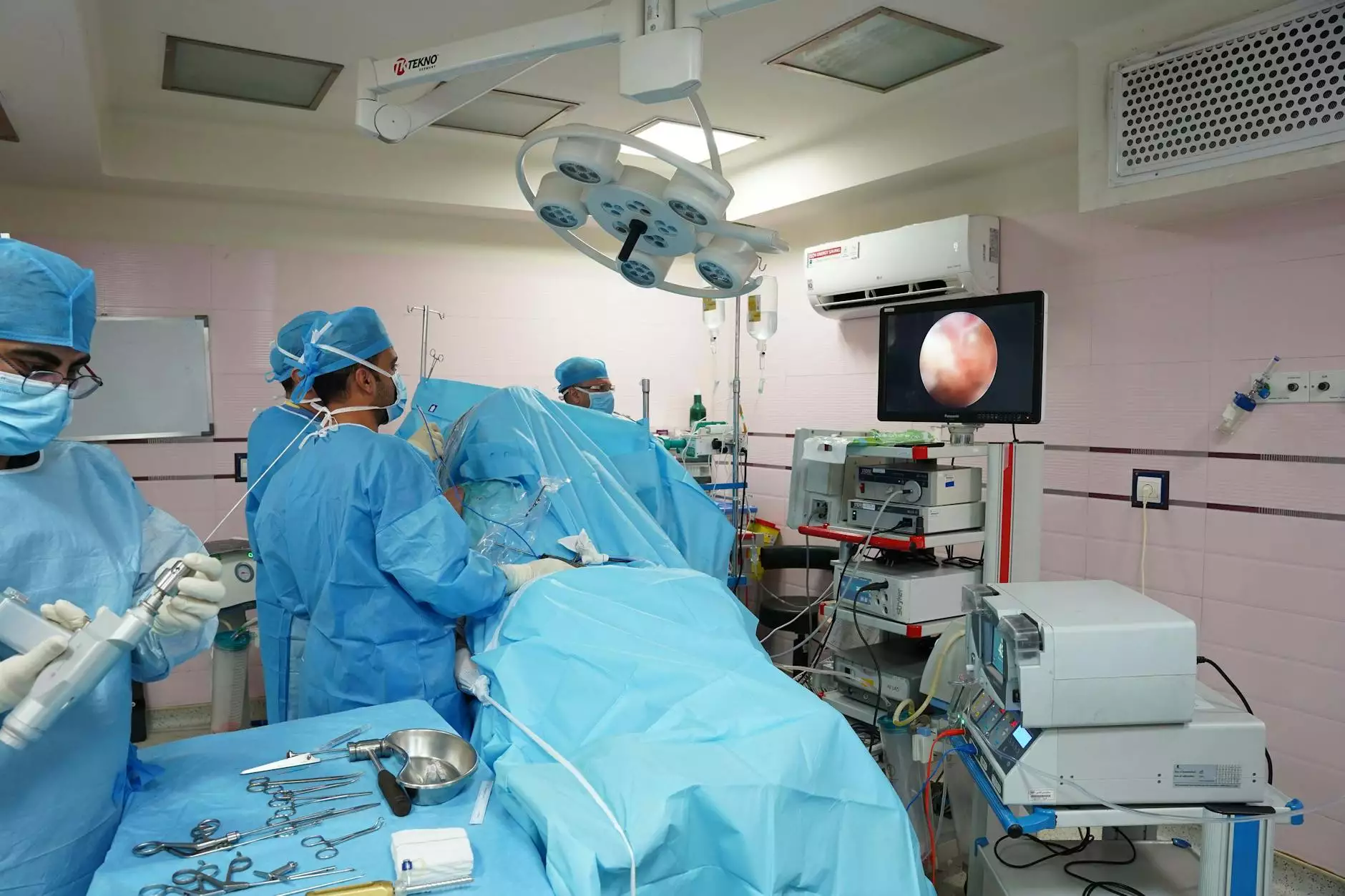Understanding the Importance of Men's Prostate Check

The health and well-being of men often hinge on their willingness to prioritize routine medical examinations. One of the most crucial assessments in men's health is the men's prostate check. Prostate health can significantly affect a man's quality of life, and early detection of any issues can lead to better treatment outcomes.
What is the Prostate and Why is it Important?
The prostate is a small gland located below the bladder and in front of the rectum in men. It plays a critical role in the male reproductive system by producing seminal fluid, which nourishes and transports sperm. The men's prostate check not only focuses on identifying prostate abnormalities but also serves as a preventive measure against serious conditions like prostate cancer.
Understanding Prostate Health Issues
Several health issues can affect the prostate, including:
- Benign Prostatic Hyperplasia (BPH): A non-cancerous enlargement of the prostate, often leading to urinary difficulties.
- Prostatitis: Inflammation of the prostate, which can cause pain and discomfort.
- Prostate Cancer: A serious condition that affects one in nine men, making men's prostate checks essential for early detection.
The Need for Regular Prostate Examinations
Regular men's prostate checks are vital for several reasons:
- Early Detection: Symptoms of prostate issues often develop gradually; hence, screening can catch problems before they escalate.
- Peace of Mind: Knowing your prostate health status can alleviate anxiety related to potential health concerns.
- Informed Health Decisions: Regular checks enable men to make informed choices regarding their health, treatments, and lifestyle adjustments.
When Should You Start Getting Checked?
The appropriate age for men to start regular prostate examinations can vary. Generally, it is recommended that men begin discussions with their healthcare provider about prostate screening at:
- Age 50: For those with average risk.
- Age 45: For men at higher risk, including African American men and those with a family history of prostate cancer.
- Age 40: For men at even higher risk with multiple family members affected by the disease.
What to Expect During a Men's Prostate Check
The men's prostate check typically includes two main components:
1. Digital Rectal Examination (DRE)
The Digital Rectal Examination involves a healthcare provider inserting a lubricated, gloved finger into the rectum to feel the size and texture of the prostate. This examination helps identify abnormalities or hard areas that may require further investigation.
2. Prostate-Specific Antigen (PSA) Test
The PSA test is a blood test measuring the level of PSA, a substance produced by the prostate. Elevated PSA levels can indicate prostate cancer, BPH, or prostatitis. However, many factors can influence PSA levels, so higher results do not always mean cancer.
Interpreting Results: What Do They Mean?
The results from a men's prostate check can vary, and understanding these results is crucial:
- Normal: PSA levels below 4 ng/mL are generally considered normal; however, normal levels can vary based on age.
- Elevated PSA: Further testing may be needed if PSA levels are elevated, which might include a biopsy to determine if cancer is present.
- Abnormal DRE: If the doctor feels anything unusual during the DRE, further imaging or a biopsy may be recommended.
Understanding Prostate Biopsy
If the findings from the men's prostate check suggest potential issues, a prostate biopsy may be required. This procedure involves removing small samples of prostate tissue for laboratory analysis. While the thought of a biopsy can be daunting, it is a quick procedure and is essential for accurate diagnosis.
Reducing Your Risk of Prostate Problems
While some risk factors for prostate issues cannot be changed, such as age and family history, men can take proactive measures to mitigate their risk:
- Maintain a Healthy Diet: A diet rich in fruits, vegetables, lean proteins, and healthy fats can promote prostate health.
- Regular Exercise: Staying physically active helps maintain a healthy weight, which is linked to lower prostate cancer risk.
- Avoid Smoking: Smoking can increase the risk of prostate cancer and other diseases.
- Limit Alcohol Consumption: Excessive drinking can negatively affect overall health, including prostate health.
Consulting a Specialist
It's advisable for men to consult with healthcare providers who specialize in urology or men's health for men's prostate checks. They can provide tailored advice and screening appropriate for an individual’s health history and risk factors.
Conclusion: Prioritize Your Health with Regular Prostate Checks
In conclusion, the significance of a men's prostate check cannot be overstated. Prostate health is an integral part of overall well-being, and regular check-ups can lead to early detection and management of potential issues. As a man, being proactive about your health by scheduling routine check-ups and discussing concerns with your healthcare provider will ensure you take the necessary steps towards a healthier future.
For more information about men's prostate checks and comprehensive medical services, visit hkwwc.com.hk.









